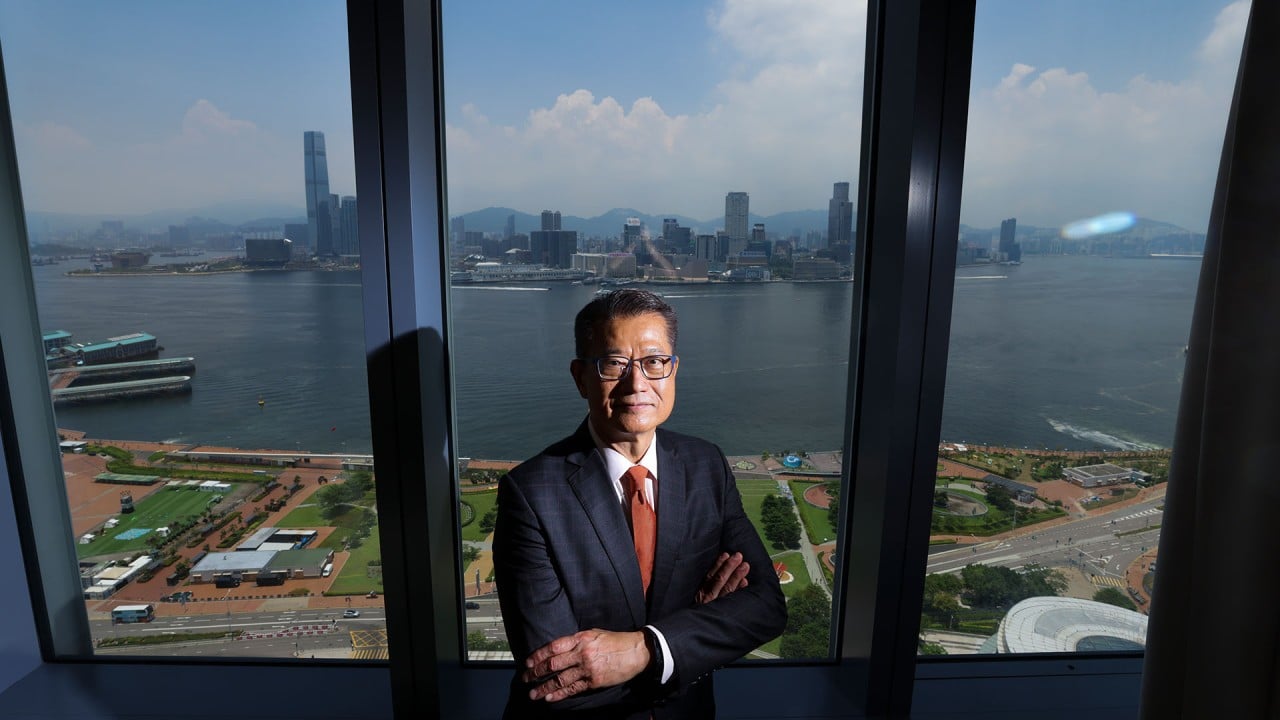
Hong Kong’s lived-in home prices slump to lowest level since December 2020 as caution prevails ahead of rate hike
- The lived-in home index fell 1.1 per cent to 380.5 in June, the lowest since December 2020, according to data from the Rating and Valuation Department
- The 1.1 per cent price decline in June was the most since 1.8 per cent in February
The lived-in home price index dipped 1.1 per cent to 380.5 in June, the most since 1.8 per cent in February, taking it to the lowest level since December 2020, according to data released by the Rating and Valuation Department on Wednesday. Prices fell 0.2 per cent in May.
“The property price index may fall by about 1 per cent in July,” said Derek Chan, head of research at Ricacorp Properties. “The market expects that the United States will still raise interest rates at a faster pace … which will put pressure on both volume and price in the secondary market.”
Hong Kong’s property market has cooled down in recent months amid the prospect of higher interest rates. Mortgage payments linked to the Hong Kong interbank offered rate have risen since March following the rate increases in the US.
The movement in home prices in the second half of the year depends on the pandemic, Chan said. “If it [the pandemic] can be kept under control and the pace of border reopening can be accelerated, it will be life-saving for the market,” he said. “Otherwise, in the absence of favourable factors and local banks following the US’s lead to raise interest rates, it may be difficult to see home prices reverse [direction].”
Due to the lack of positive developments in the market, many buyers and sellers have adopted a wait-and-see attitude, resulting in a stalemate in many second-hand transactions and dampening transaction volumes, said Martin Wong, director and head of research and consultancy for Greater China at Knight Frank.
And with headwinds such as interest rate hikes, developers also have not been very active in launching new projects and to expect competitive pricing, he added, noting that this could continue to put pressure on second-hand property prices.
The property price index fell by 3.4 per cent in the first six months of this year. The June figures are also 4.4 per cent lower than the record high of 398.1 reached last September.
In June, homes smaller than 431 square feet saw the largest decrease in prices at 1.8 per cent, while homes measuring 753 sq ft to 1,076 sq ft saw a decline of 1.75 per cent.
Meanwhile, sales of homes in 133 major estates in the city tracked by Centaline Property Agency fell by around 30 per cent month on month to 962 as of July 26. In Ma On Shan district, deals slumped 23 per cent to 50 in the comparable period.
The plunge in secondary market deals reflects the impact of the rising rates in the US on buying sentiment, said Wong Leung-sing, senior associate director of research at Centaline.


